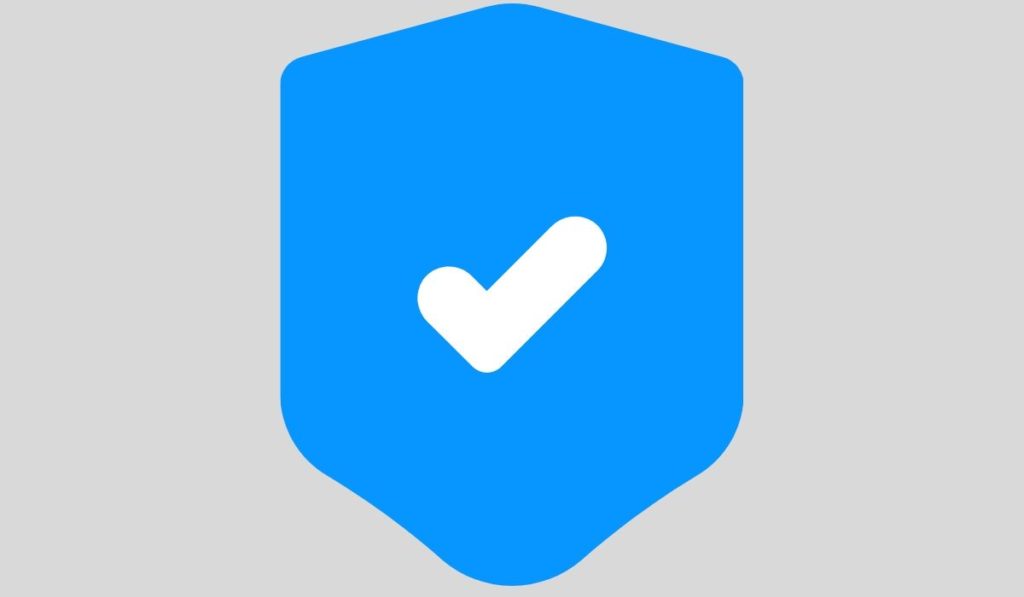
2020-6-8 22:50 |
Proofpoint is a cybersecurity company that helps brands and individuals protect themselves against malicious attackers. To date, the company works with more than half of the businesses listed on the Fortune 100, as well as global retailers, leading pharmaceutical companies, and research universities. The company was launched in 2002 and has since grown to over 2,500 employees serving over 4,000 enterprises around the world. Here are some tips we suggest for keeping your crypto wallet safe from online threats:
Maintain Secure Internet ConnectionWith the proliferation of remote work, it’s not uncommon for employees to head over to a local coffee shop or coworking space. When dealing with cryptocurrency, under no circumstances should you be connecting to a public network. This is especially true during trying and uncertain times as companies around the world adjust to COVID-19 and shift their office policies to comply with local quarantine regulations.
Whether you’re a business that deals with cryptocurrency or an individual managing your own crypto assets, it’s imperative that you refrain from connecting to public networks. Only use trusted and well-known connections. Be sure that any individuals who have access to your personal or company data also understand these risks.
Avoid Suspicious LinksThere are many ways that you can be scammed via links. These links appear natural and are designed as such to thwart any suspicions. Phishing is just one example of a malicious attack that utilizes suspicious links. Phishing is a hacking method that exploits users by posing as a reputable source, and data shows that one out of every 25 branded emails sent is a phishing scam.
While there are different types of phishing attacks, both individuals and businesses are at-risk targets. These emails contain links that, once clicked on, installs malicious malware. According to a Verizon report, 66% of malware is installed via email attachments.
Bitcoin scam emails are becoming increasingly popular. Many of these emails claim that they’ve hacked into your account and have discovered something suspicious about your online activity. They proceed to threaten to distribute this information to your friends and family unless you deposit money into their Bitcoin account.
While these threats are unlikely to be true, they may show you previous passwords you’ve used as proof that they know more than they actually do. This is a popular scare tactic. Never submit money into unknown wallets to pay a ransom. Ideally, you’d have phishing protection in place to prevent these types of emails from impacting you at all.
Use Secure Passwords for Your Online WalletsBlockchain might help prevent fraud, but it’s only as good as you make it. Always use secure passwords and keys for all crypto-related tasks. This may seem like an obvious tip, but it’s one that gets ignored far too often. In fact, studies have shown that over half of all people use the same password across different services. These weak, often interlinked passwords expose your accounts and make it easier for you to become victim to superficial ransom scams.
Double Check Recipient Bitcoin AddressAny time you are sending a bitcoin to another address, double check it before you do so. There are many malware programs designed to intervene when you copy and paste a Bitcoin address. One type of malware is called “clipboard hijacker malware,” and it’s a tool that gets into Windows clipboard and replaces a copied address with a new address, running quietly in the background without anyone ever noticing. If you didn’t take a moment to double check the address, you’d never know that the swap took place.
Malware is always growing because it always adjusts to trends and technologies. Just as new programs are designed to recognize their existence, hackers are quick at work to create malware that beats new barriers. When attackers recognize that people are copy and pasting lengthy Bitcoin addresses, they’ll design new ways to leverage that to their advantage. When new technology is designed to address learned vulnerabilities, hackers get to work on the next lucrative workaround.
On this note, it’s crucial to have top-of-the-line anti-malware and security features on your system. Businesses should go above and beyond to aid their security efforts, and this is the level of security service that Proofpoint offers and continues to grow. We don’t expect every corporation to have a complete grasp on today’s security technologies, or how to communicate best security practices to their staff and stakeholders. From security awareness training to digital risk protection, always go the extra mile to cover all your bases.
Maintain Separate WalletsIf you have a diverse portfolio, you can improve the safety of its whole by maintaining separate wallets for different accounts or transaction types. For instance, a real estate investor might have a different wallet for commercial real estate, vacation rentals, and family homes.
Sorting these transactions can help improve overall security. As an individual, you might have a separate wallet for day to day transactions and another wallet for different purchases. There’s no limit to the number of wallets you can have, so it’s important to leverage this in your benefit.
Disclosure/Disclaimer: This article is sponsored and provided by a third-party source and should not be viewed as an endorsement by ZyCrypto. Readers should do their own research before having anything to do with the company, goods, and/or services mentioned in the above article.
origin »Bitcoin price in Telegram @btc_price_every_hour
Bitcoin & Company Network (BITN) íà Currencies.ru
|
|